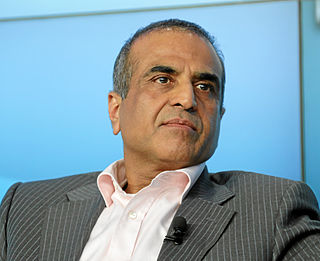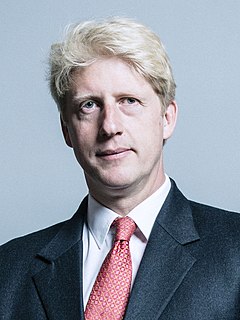A Quote by Antonio Guterres
India is a country that has no direct interests in some areas of global conflict. It has very good relations with countries in conflict or countries facing difficult security situations, and I believe Indian diplomacy is very well received. India is a bridge-builder, an honest broker, and a messenger of peace.
Related Quotes
?I believe that it is very difficult in the world of today to continue with G-8 only without taking in account the importance of Brazil, China, India, many in the world economy, because these countries are great consumers, large consumers, and we're also becoming great producers, and also because we were better prepared than the rich countries for the nowadays global crisis.
I do believe that India needs a lot more foreign direct investment than we've got, and we should have the ambition to move in the same league many other countries in our neighborhood are moving. We may not be able to reach where the Chinese are today, but there is no reason why we should not think big about the role of foreign direct investment, particularly in the areas relating to infrastructure, where our needs for investment are very large. We need new initiatives, management skills, and I do believe that direct foreign investment can play a very important role.
Most people believe that inequality is rising - and indeed it has been rising for a while in a number of rich countries. And there is lots of talk and realization of this. It's harder to understand that at the same time, you can actually have global inequality going down. Technically speaking, national inequality can increase in every single country and yet global inequality can go down. And why it is going down is because very large, populous, and relatively poor countries like India and China are growing quite fast.
The reality is that [Barack] Obama has some 15 countries in the current Libya coalition. President Bush put together close to 50 countries for the Afghan coalition, some 40 countries for the Iraqi coalition, more than 90 countries for the Proliferation Security Initiative and over 90 countries in the Global War on Terror.
At the same time, old confrontations have taken on frightening urgency, especially the India-Pakistan conflict over Kashmir and the violent stalemate in the Middle East. Progress on these and other global challenges requires us to develop a larger strategy for American foreign policy, rooted in a fundamental commitment to move the world from interdependence to an integrated global community committed to peace and prosperity, freedom and security.
We've always defined conflict fairly broadly from ideological conflict to troops on the ground. For quite some time we've talked about a focus on Palestine. Certainly no one can deny that Israel is conflict with Palestine and no one can deny that the U.S. is the largest supporter of Israel internationally - not only financially, but also in the United Nations where the United States is one of the very few countries that does not recognize Palestine as a state.


































